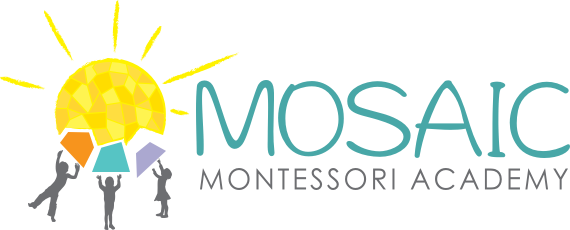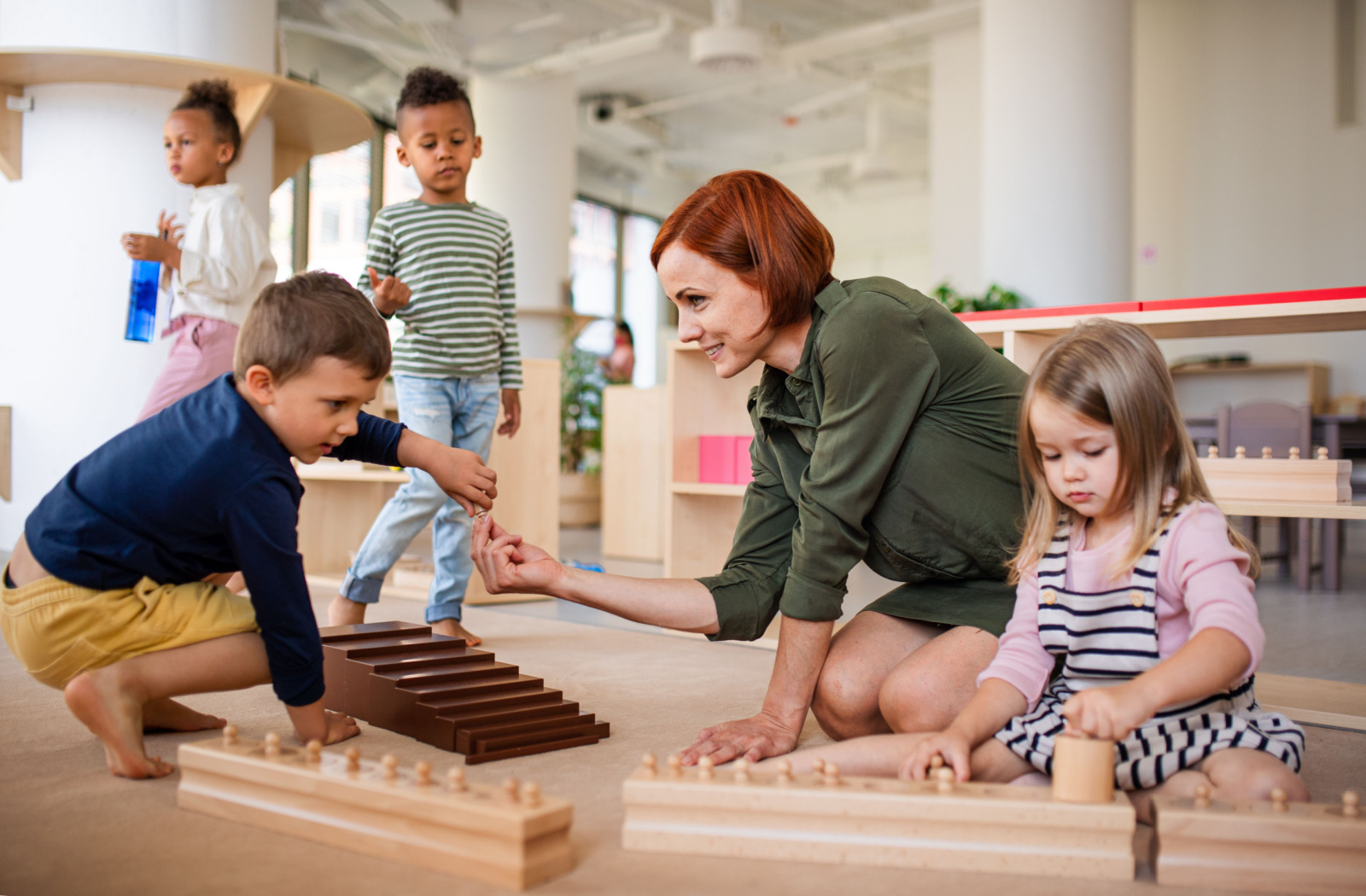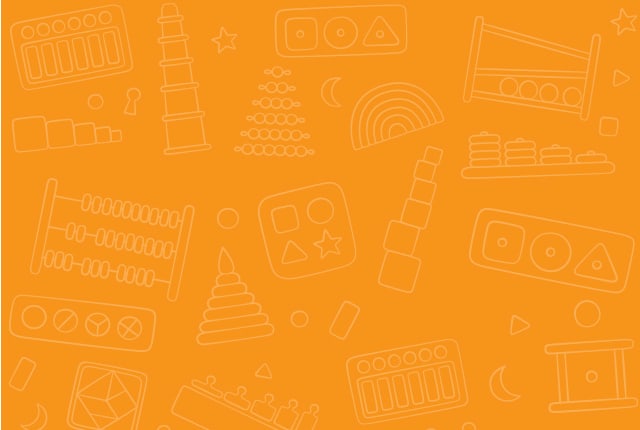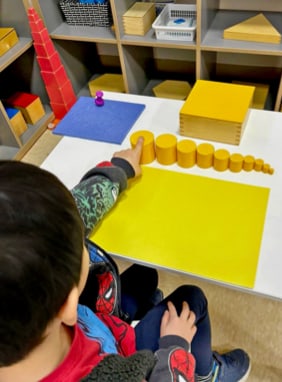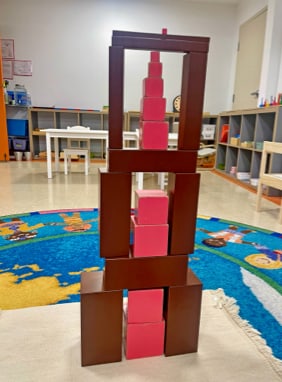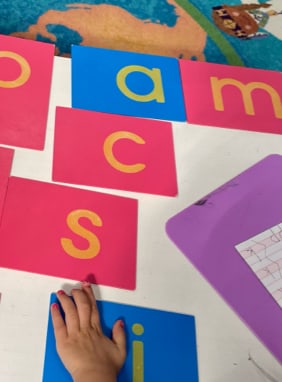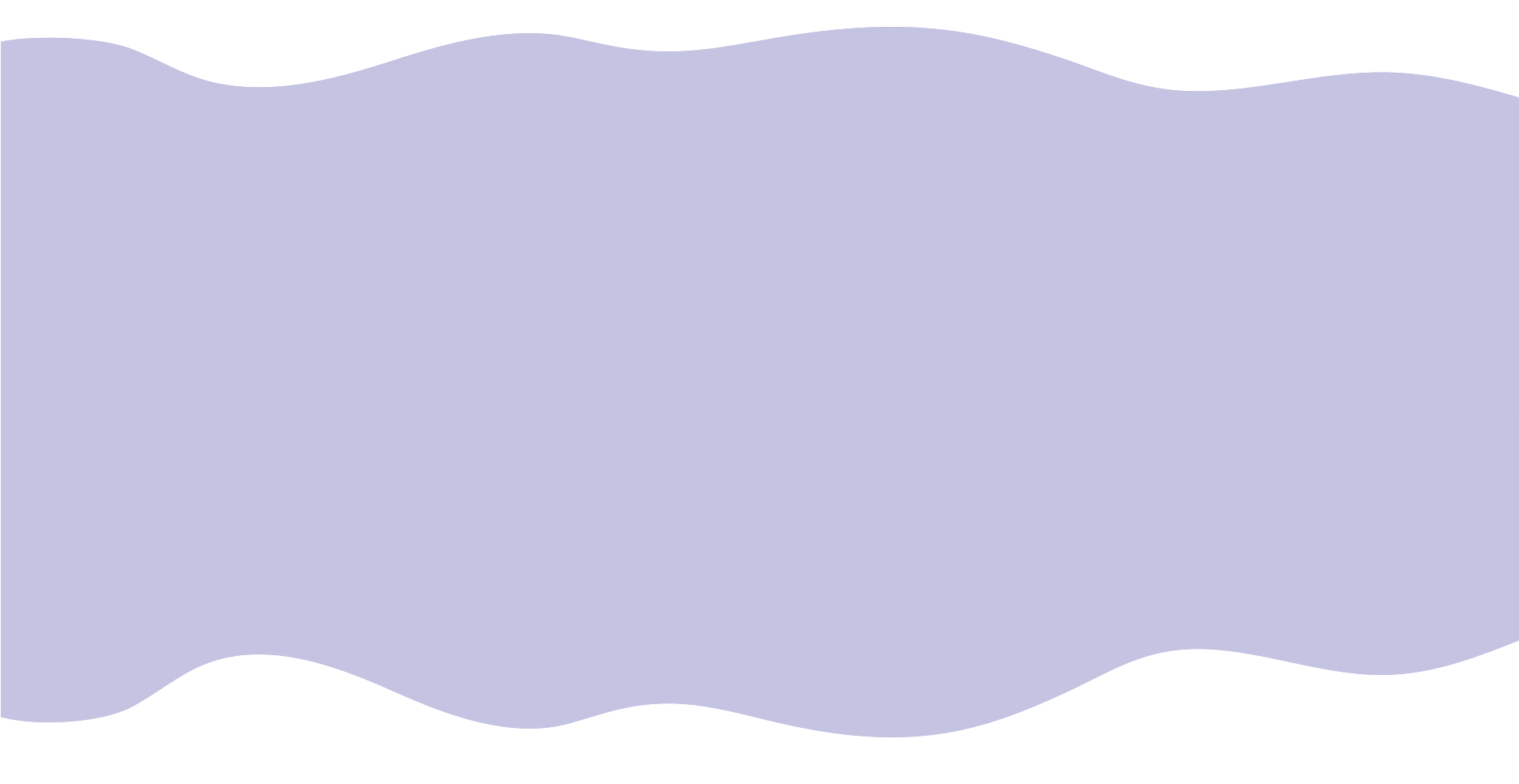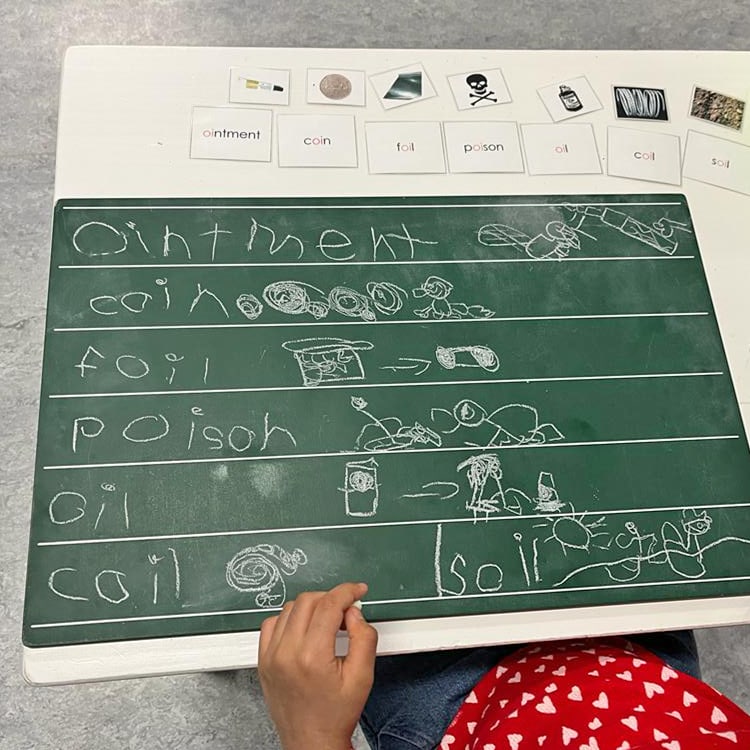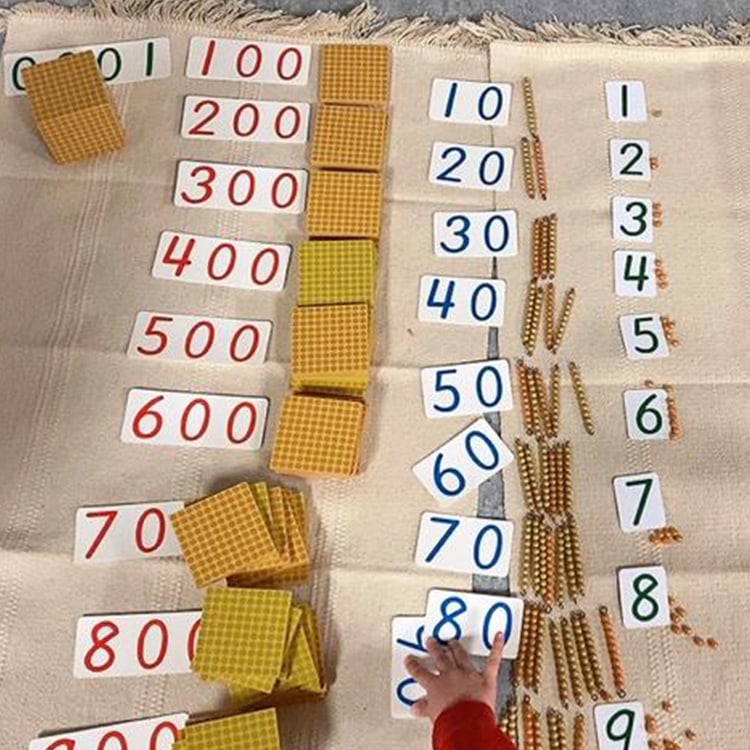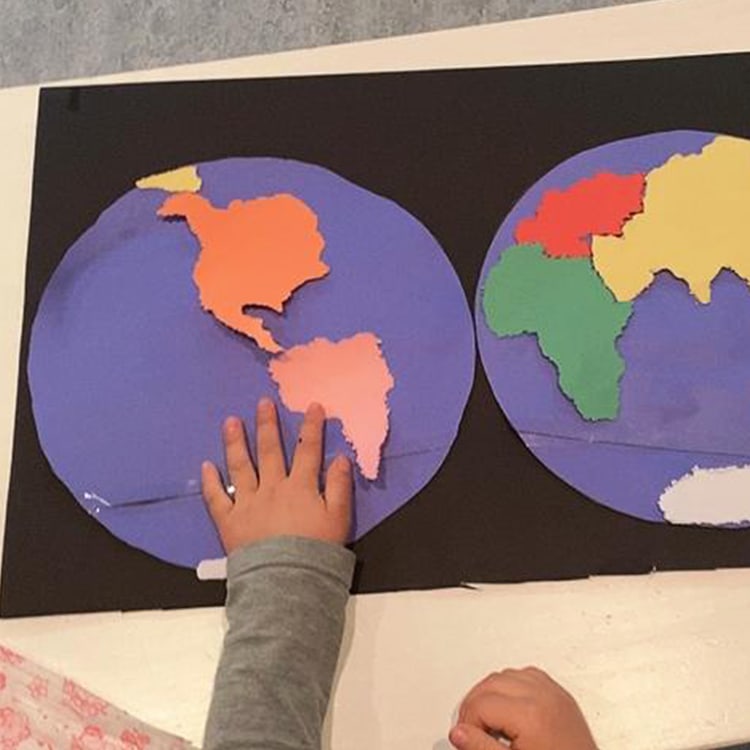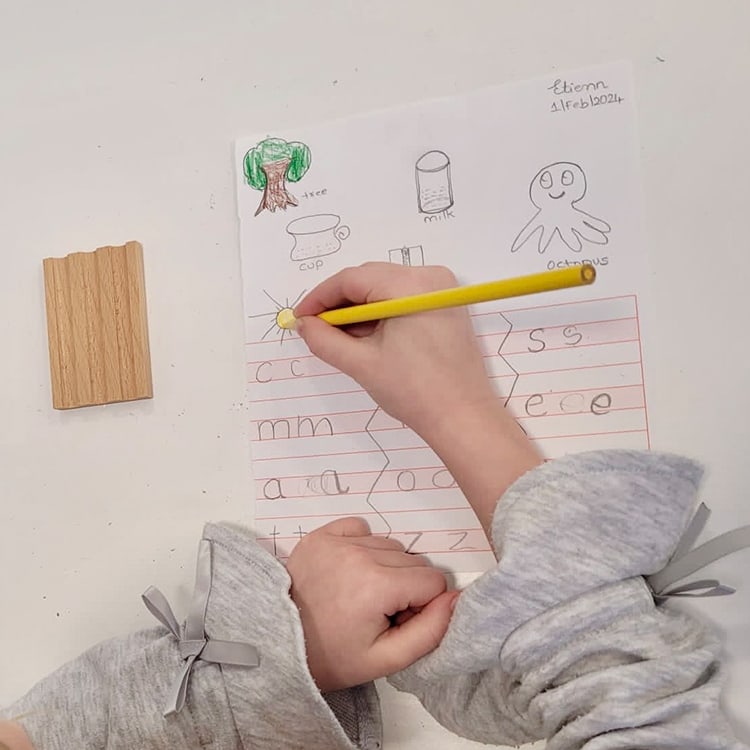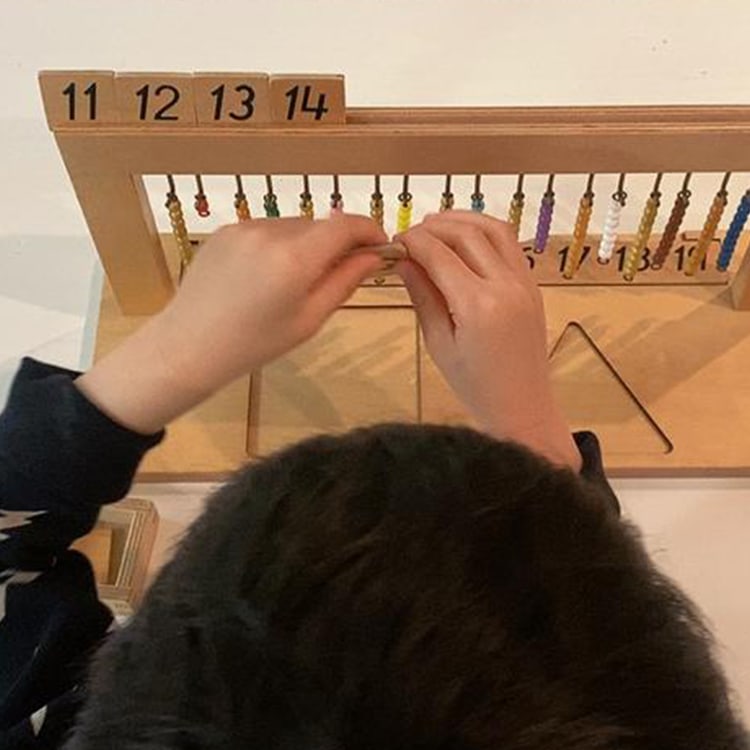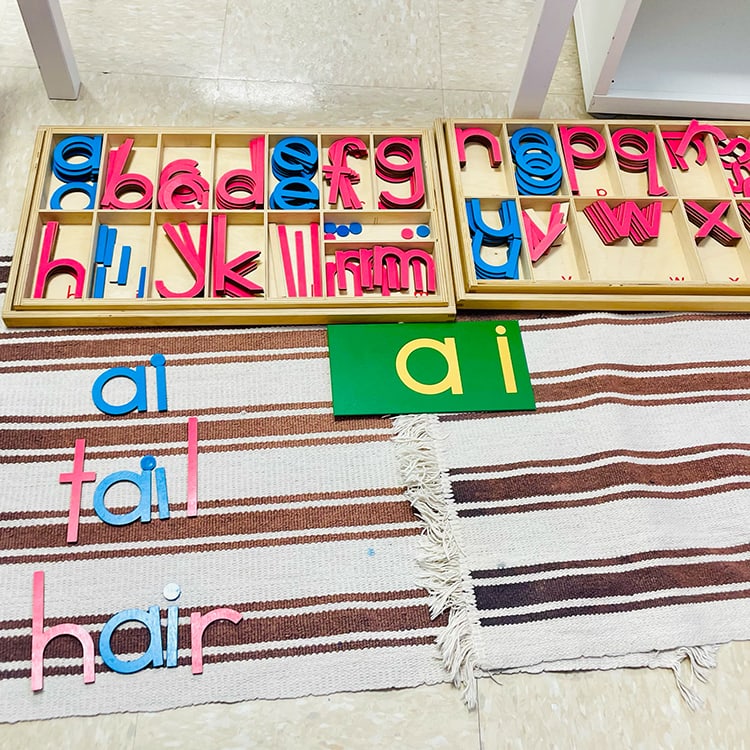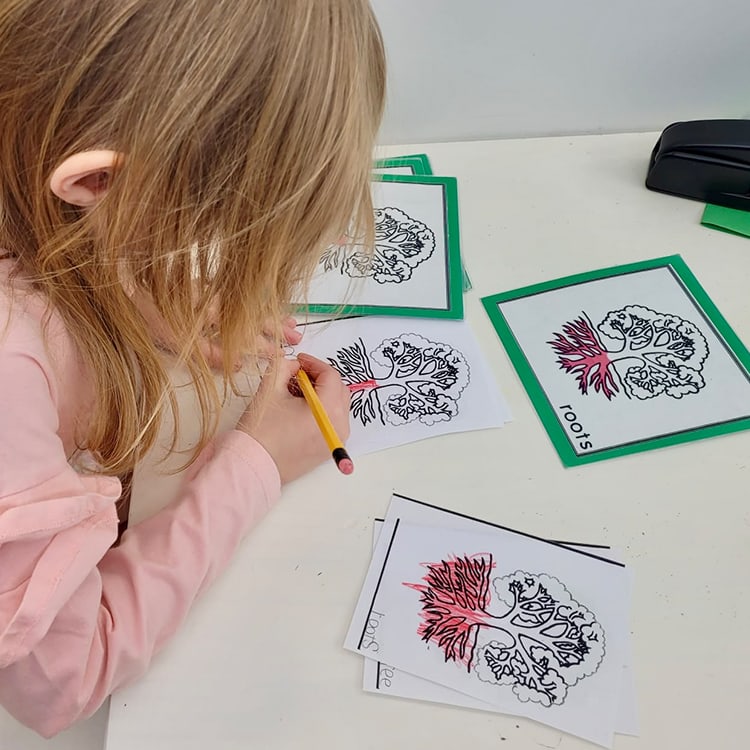Montessori Education is based on the idea that children learn best when they are given the freedom to explore and discover independently within a carefully prepared environment designed to support their individual needs and interests.
Montessori schools aim to help children develop self-motivation, independence, confidence, and a love of learning that will stay with them throughout their lives.
Autism, also known as Autism Spectrum Disorder (ASD), is a neurodevelopmental disorder that affects communication, social interaction, and behavior. It is characterized by difficulties in social interaction, communication, and repetitive behaviors.
It has been found that Montessori schools work very well with children with autism by providing support and allowing them the freedom to explore and learn.
Montessori Education & Autism
Montessori Education Approach
Montessori education is an educational approach developed by Dr. Maria Montessori that emphasizes independence, freedom within limits, and respect for a child’s natural psychological, physical, and social development.
It creates an environment that allows children to learn from hands-on experiences and activities, such as sensory activities, practical life skills, language development, math, music, science, geography, and art.
Montessori schools provide a unique learning environment in which children can interact with their peers on their own level and be challenged in ways that are tailored to each individual.
Montessori Education & Autism
Autism can range from mild to severe and can affect individuals differently. According to the Centers for Disease Control and Prevention (CDC), 1 in 54 children in the United States is diagnosed with autism spectrum disorder.
Montessori schools offer a unique learning environment for children with autism spectrum disorder, providing instruction and support tailored to each individual’s needs.
Through sensory activities specifically designed to meet the needs of children on the autism spectrum, Montessori classrooms can provide an enriching educational experience for children with autism.
By engaging in various activities tailored to each individual’s strengths and weaknesses, Montessori education can be beneficial for children with autism.
Benefits of Montessori Education for Autism
Individualized Learning: Montessori education focuses on personalized learning plans tailored to the unique needs and strengths of children with autism. This approach allows for customized instruction and support.
Sensory Integration: Montessori classrooms provide a structured and sensory-rich environment that promotes sensory integration for children with autism. This can help them develop and refine their sensory processing skills.
Self-Directed Learning: Montessori education encourages self-directed learning, allowing children with autism to explore and learn at their own pace. This promotes independence, self-confidence, and a sense of ownership over their education.
Natural Social Interaction: Montessori classrooms foster natural social interactions among children, providing opportunities for children with autism to learn and practice social skills in a supportive environment.
Practical Life Skills: Montessori education emphasizes the development of practical life skills, such as self-care, organization, and problem-solving. These skills are essential for children with autism to navigate daily life.
Overall, Montessori education offers numerous benefits for children with autism, promoting their overall development, independence, and social integration.
Montessori Education & Autism
Montessori Education Curriculum for Autism
Montessori education is a unique approach to teaching that focuses on developing a child’s natural curiosity and creativity. This approach has been found to be particularly effective for children with autism, as it provides a structured and supportive learning environment that can help them thrive.
One of the key components of Montessori education for children with autism is the use of specialized materials designed to stimulate their senses and help them learn through hands-on exploration.
These materials are carefully chosen based on the child’s needs and interests and can include sensory play tables, sensorial materials, and practical life exercises. In addition to the use of specialized materials,
Montessori Education Teachers & Autism
Montessori education is an approach to learning that focuses on the individual child’s needs and interests. Dr. Maria Montessori developed it in the early 20th century, and has gained widespread popularity in recent years.
One area where Montessori education has shown promise is in working with children on the autism spectrum. Montessori teachers also work closely with parents of children with ASD to ensure their child’s needs are met.
The Montessori approach helps teachers foster independent learning by having students complete tasks independently while providing guidance and support as necessary.
Teachers use various hands-on materials and activities to engage children in learning and promote independent thinking. For children with autism, this approach can be particularly effective as it allows them to work on their individual goals and interests.
Several studies have shown that Montessori education can benefit children with autism. One study found that children with autism who attended a Montessori school significantly improved social skills, communication, and self-care abilities.
Another study found that Montessori education can help children with autism develop better executive function skills, such as planning, organization, and problem-solving.

Montessori Education Environment
Montessori education for children with autism also emphasizes the importance of creating a supportive and nurturing learning environment. This includes providing opportunities for social interaction and communication, as well as encouraging children to take ownership of their learning and work at their own pace.
Montessori teachers strive to create tailored learning experiences for children with autism while teaching them the skills they need to reach their potential.
Montessori education also involves various activities and materials designed specifically for children with autism. These may include sensory-based activities, creative storytelling, and visual aids that allow autistic learners to process information better.
In the classroom, teachers will use strategies like visual schedules and checklists to help keep children on task and organized. Additionally, Montessori teachers are experts in creating a calming environment for their students with autism, which can reduce behavior challenges.
Montessori education offers students with autism an opportunity to learn in a meaningful and enjoyable way.
Explore Montessori Education in Calgary
If you have any questions about montessori education, including whether it may be the right fit for your child, we are here to help. Please give us a call at our Parkdale campus in the NW to schedule an appointment, or browse our resources.
